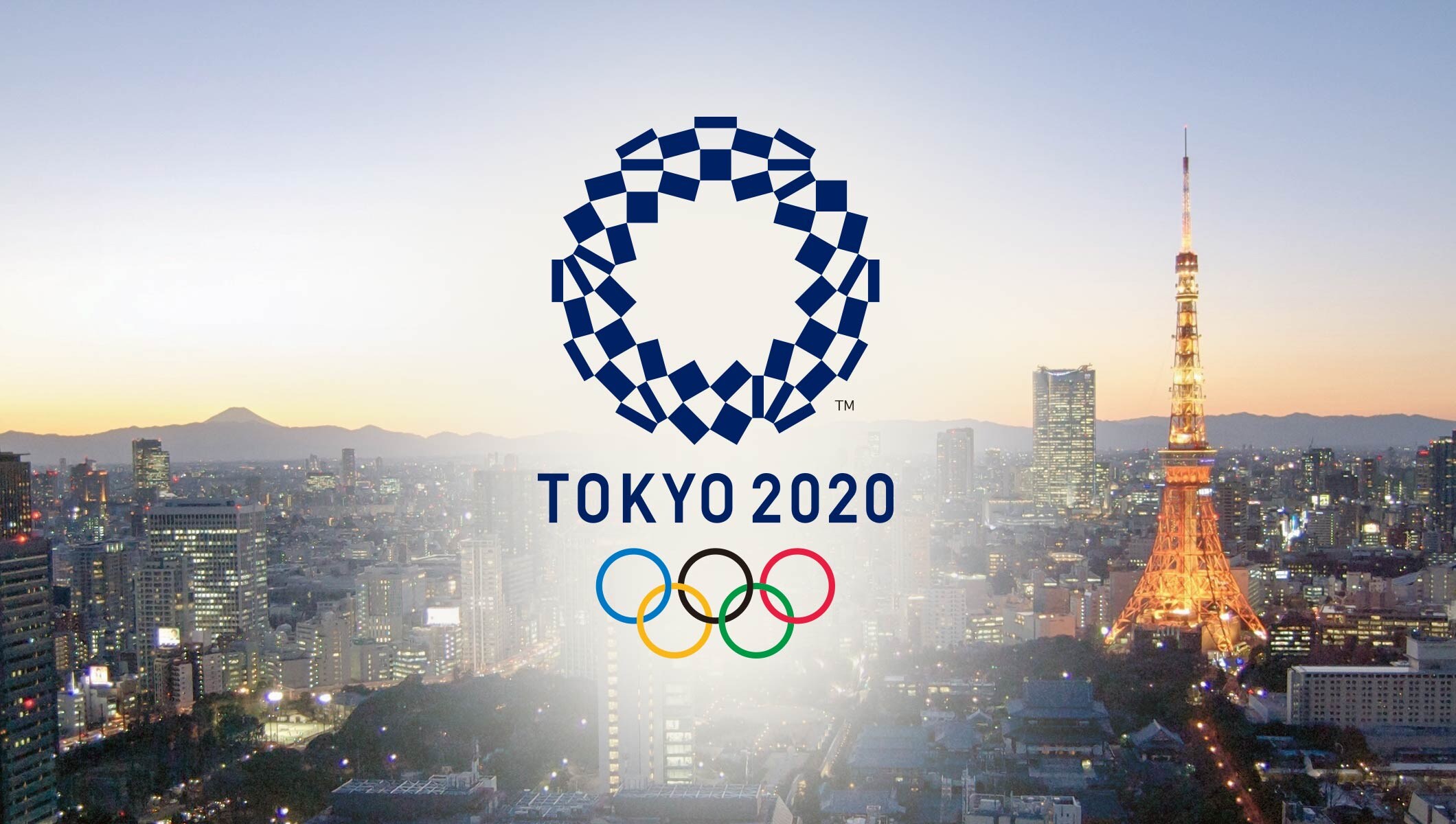
Jessica Bartley knew mental health issues were weighing hard on the competitors in Tokyo even before Simone Biles withdrew from her team competition. Bartley is a psychologist and the head of mental health services for the United States Department of Health and Human Services. During the Games, her team got roughly ten requests each day for mental health care, according to the Olympic and Paralympic Committee.
There were a few cases among the requests Bartley's mental health team received that indicated a potentially more serious issue. As a result, Bartley or her team member called the athlete and inquired about their mental state. They would then determine if they needed additional mental health support. Bartley was ready to provide them with resources if they did not have a support system.
With the Tokyo Olympics taking place during a pandemic that has had a major influence on worldwide mental health, the participants were bound to face additional hurdles. However, once Biles withdrew from the women's gymnastics team event to focus on her mental health and safety, the topic became a defining feature of the Games. Biles' teammates in Tokyo were well aware of the significance of the situation.
“With everything that Simone has gone through, I’m really proud of her and the way she is standing up for herself but also making things better for others and bringing a lot to the forefront of these conversations,” said track and field Olympian, Allyson Felix.
Athletes cheered Biles on around the Olympic Village, recognizing some of their own challenges.
“I know what it’s like to have severe mental health issues,” said U.S. weightlifter, Kate Nye. As someone with bipolar disorder and ADHD, I could definitely relate to the overwhelming nature of sport. I’m of the opinion that you have to put yourself first. She should have done what was best for her, and she did, Nye continued.
Biles is far from the first athlete to feel the pressure that comes with being an Olympic favorite, nor is she the first to speak openly about mental health issues. Naomi Osaka withdrew from the French Open and skipped Wimbledon in the run-up to the Olympics. Osaka did this for self-preservation and mental preparation. Both Biles and Osaka are helping to pave a new path for American athletes – one that values achievements and medals but does not place them above everything else.
According to Bartley and other experts, this path may leave fewer mental scars and go a long way toward guaranteeing that more professional athletes enjoy longer and healthier careers than in the past.
If you are looking to book sports
mental health speakers, let Athlete Speakers be your guide. We have over 20
years of experience in the industry and regularly work with some of the top
mental health events in the country. Get the process of hiring a speaker
started today by filling our our Online Booking Request
Form or calling 800-916-6008.


